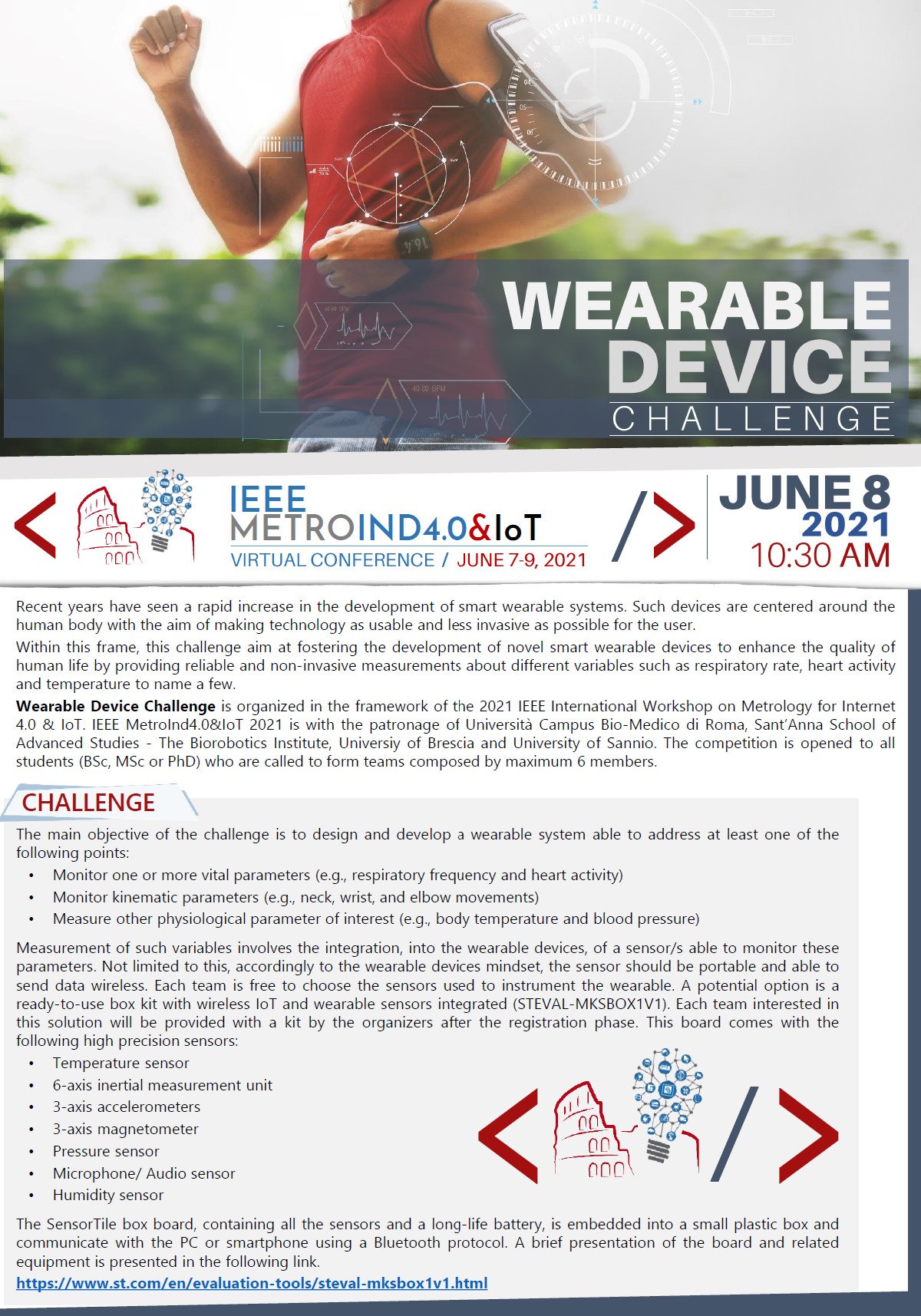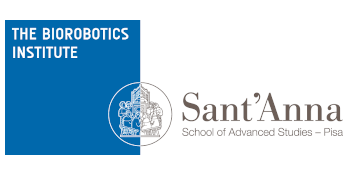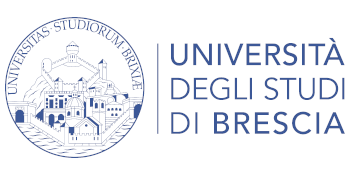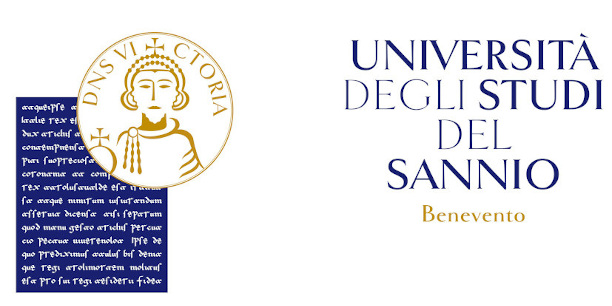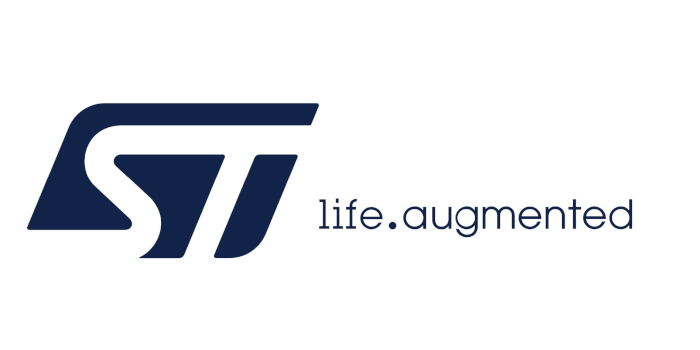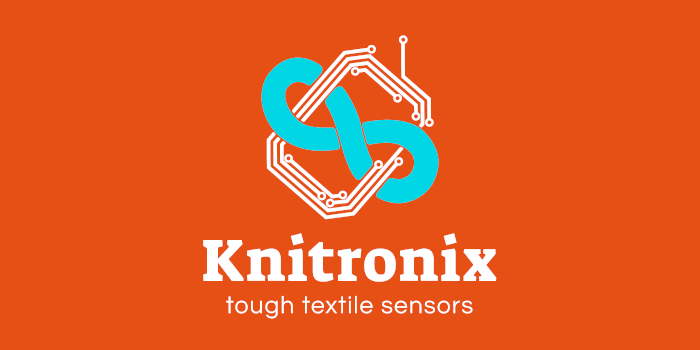IEEE MetroInd4.0&IoT 2021
WEARABLE DEVICE < CHALLENGE / >
VIRTUAL EVENT - JUNE 8, 2021
Recent years have seen a rapid increase in the development of smart wearable systems. Such devices are centered around the human body with the aim of making technology as usable and less invasive as possible for the user.
Within this frame, this challenge aim at fostering the development of novel smart wearable devices to enhance the quality of human life by providing reliable and non-invasive measurements about different variables such as respiratory rate, heart activity and temperature to name a few.
Wearable Device Challenge is organized in the framework of the 2021 IEEE International Workshop on Metrology for Internet 4.0 & IoT. IEEE MetroInd4.0&IoT 2021 is with the patronage of Università Campus Bio-Medico di Roma, Sant’Anna School of Advanced Studies - The Biorobotics Institute, University of Brescia and University of Sannio. The competition is opened to all students (BSc, MSc or PhD) who are called to form teams composed by maximum 6 members.
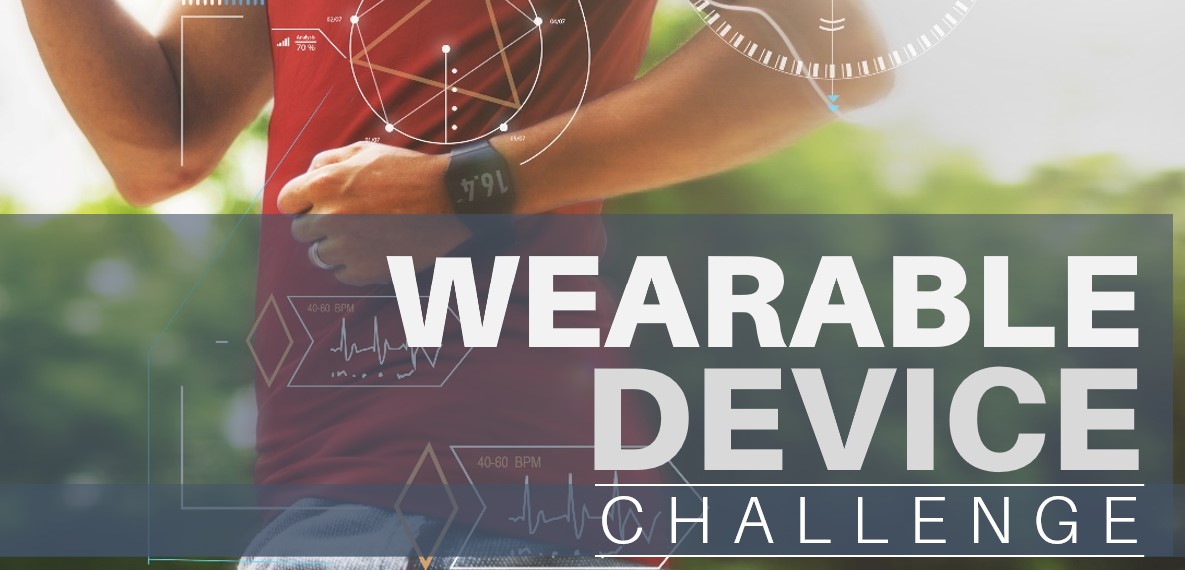
CHALLENGE
The main objective of the challenge is to design and develop a wearable system able to address at least one of the following points:
- Monitor one or more vital parameters (e.g., respiratory frequency and heart activity)
- Monitor kinematic parameters (e.g., neck, wrist, and elbow movements)
- Measure other physiological parameter of interest (e.g., body temperature and blood pressure)
Measurement of such variables involves the integration, into the wearable devices, of a sensor/s able to monitor these parameters. Not limited to this, accordingly to the wearable devices mindset, the sensor should be portable and able to send data wireless. Each team is free to choose the sensors used to instrument the wearable.
Within this challenge the committee propose two potential solutions: The first option is a ready-to-use box kit with wireless IoT and wearable sensors integrated (STEVAL-MKSBOX1V1). This board comes with the following high precision sensors:
- Temperature sensor
- 6-axis inertial measurement unit
- 3-axis accelerometers
- 3-axis magnetometer
- Pressure sensor
- Microphone/ Audio sensor
- Humidity sensor
The SensorTile box board, containing all the sensors and a long-life battery, is embedded into a small plastic box and communicate with the PC or smartphone using a Bluetooth protocol. A brief presentation of the board and related equipment is presented in the following link.
https://www.st.com/en/evaluation-tools/steval-mksbox1v1.html.
The second option is a temperature textile sensor (belonging to the smart fabric family) particularly suitable for wearable applications considering that is very light, thin and that can be easily embedded into a garment. Moreover, such a sensor, provided by an Italian startup (Knitronix), is breathable, formable, stretchable and can be placed in direct contact with skin. More details of the temperature sensor are presented in the following link.
https://www.knitronix.com/temperature-sensor
Each team interested in one of the proposed solution will be provided with both sensors (sensorTile kit and the textile sensor kit) by the organizers after the registration phase.
After receiving the SensorTile box and the textile sensor kit, each team will autonomously starts designing and developing their own wearable systems based on the previous rules. Although is strongly recommended, it is not mandatory to integrate the received sensors in the device. However, teams, if they want, are encouraged to combine other sensors in addition to the given kit.
(The Sensor Tile box used and the textile sensors will be given away to the team at the end of the challenge).
The core part of the challenge will be held virtually during the MetroInd4.0&IoT 2021 conference. Each team will present the main results of the developed wearables devices, highlighting the whole procedure ranging from the design and development up to the experimental sessions and characterization. Each team will be evaluated by an expert evaluation committee which will be responsible to draw up the ranking.
The developed systems will be evaluated by means of the following criteria:
- Wearability of the device
- Performance of the device
- Novelty of the proposed solution
- Presentation of the project
The Wearable Device Challenge will give an official Award Certificate and the following awards:
- Reward for first placed team: 300 EUR
- Reward for second placed team: 200 EUR
- Reward for third placed team: 100 EUR
Luca Massari, PhD graduate at Sant'Anna School of Advanced Studies, Pisa, Italy
Antonio Lionetto, ST Microelectronics
Emiliano Schena, Università Campus Bio-Medico di Roma, Italy
Elena Bergarmini, Università degli Studi di Roma "Foro Italico", Italy
Luca De Vito, University of Sannio, Italy
Nicola Lopomo, University of Brescia, Italy
Giulia Di Tomaso, HEREMOS, Italy
Andrea Rossi, Università Campus Bio-Medico di Roma, Italy

